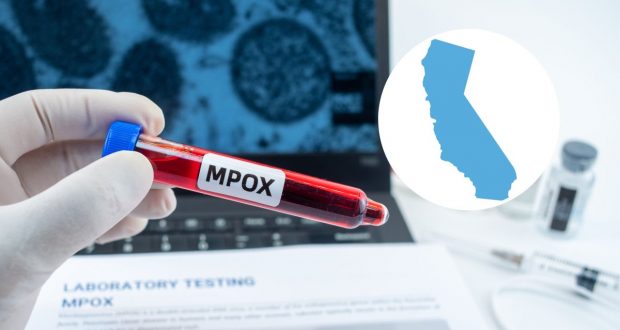By Bo Tefu | California Black Media
On November 16, the California Department of Public Health (CDPH), reported the first known case of clade 1 Mpox, previously known as Monkeypox, in the United States.
However, the risk to the public remains low, according to the CDPH.
“This case was confirmed in an individual who recently traveled from Africa and is related to the ongoing outbreak of clade I mpox in Central and Eastern Africa,” reads a statement the CDPH released.
According to the DDPH, “The affected individual received health care in San Mateo County based on their travel history and symptoms. The individual is isolating at home and recovering.”
Public health workers are also conducting a contact tracing exercise and reaching out to people who have been in close proximity to the affected person.
“The mpox specimens from the traveler are being sent to the CDC for further laboratory testing,” the CDPH press release continues.
Californians can take a number of steps to prevent Mpox. Here’s more information:
Preventing Mpox Infection
It appears clade I mpox spreads in a similar manner as clade II mpox, through close (skin-skin), intimate and sexual contact. The identification of a potentially more severe mpox version in the United States is a good reminder for individuals who have certain risk factors to take preventive action, including:
- Getting vaccinated if you may be at risk for mpox. For the greatest protection, make sure you get both doses of the vaccine. Find mpox vaccine (JYNNEOS) near you.
- Taking precautions if you were exposed to mpox. Get the mpox vaccine before symptoms develop and consider avoiding intimate contact with others for 21 days. Watch yourself for symptoms and get tested if they develop.
- Preventing spread if you have been told you have mpox. Avoid contact with others until the rash is healed, clean and disinfect shared areas in the home, and notify people who may have been exposed.
- Talking to your sexual partner(s).
- Avoiding skin-to-skin contact with those who have a rash or sores that look like mpox.
- Not sharing items with someone who has mpox.
- Washing your hands often.
- Protecting yourself when caring for someone with mpox by using masks, gowns and gloves.
Visit the CDPH website to learn more about Mpox with Sexual Health Toolkits and a Campaign Materials Page.
 Westside Story Newspaper – Online The News of The Empire – Sharing the Quest for Excellence
Westside Story Newspaper – Online The News of The Empire – Sharing the Quest for Excellence





